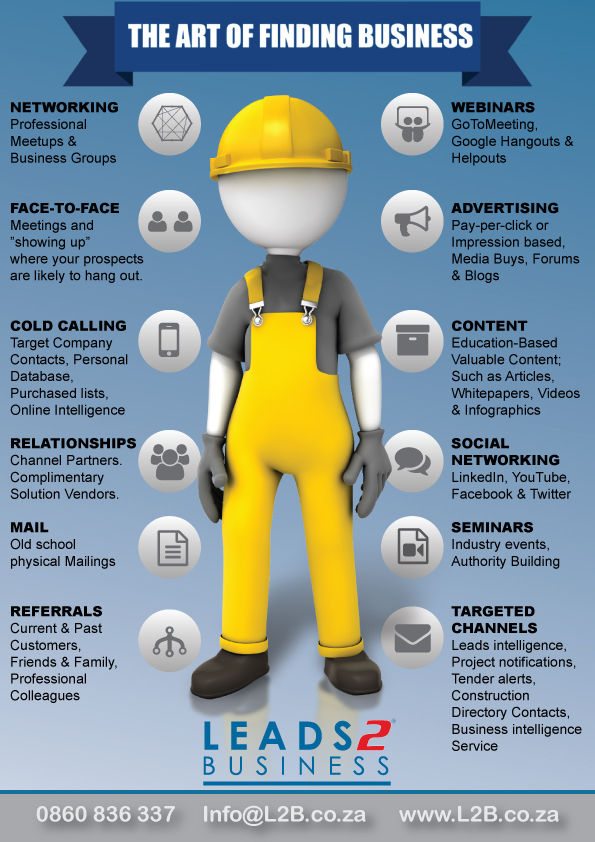
What are Projects all about?
The question I get asked the most being a Projects researcher is… ‘What are Projects all about?‘.
It is early days in 2018 and my understanding levels are still rebooting after the holidays. I thought I would try and provide an explanation that may be a little tongue in cheek and also help people remember easily what Projects are all about. So, in my analogy, I decided to do a comparison between Projects and Fishing (in my head this means only fly fishing, but you can use most fishing for this analogy).
Projects vs Fishing
What happens in a Project? Well, we follow the full life cycle of the Project (think of it like your life, from birth until your eventual end). Now a Project can be broken into a few defining stages, which is how we put our information into groups to make it easier to follow, understand and find your best area of benefit from a business perspective. So without further adieu, here are the various stages broken down for your ease of reference.

Conceptual
Projects
This consists of the appointing of the Client or Developer, Feasibility study, acquiring of funding and Request for Proposals (RFP).
Fishing
Your mind starts hatching a plan for getting away and going fishing. You are looking at your bank balance and wondering if this is a feasible decision.
(Click here for examples of this Project stage)
Procedural
Projects
Here the basic design is conceived along with the geotechnical study, EIA process, Town Planning and appointment of Professionals who will carry out these and other duties.
Fishing
You begin to look at the calendar and note when the public holidays are, what the weather is expected to be at the time (we all know how that effects fishing), the distance needed to travel and the people that will be involved in this trip.
(Click here for examples of this Project stage)
Design
Projects
The detailed design is completed and the Bill of Quantities prepared.
Fishing
You search fishing forums and websites, as well as Trip Advisor, Lodges and Google reviews for the best places to visit that, will supply your (fly) fishing needs.
(Click here for examples of this Project stage)

Tender
Projects
The Project is sent to an Invited list of Bidders to Tender or goes out to Open Tender and once the Bids are received, negotiations with Contractors proceed.
Fishing
You make a decision on where you are going to fish and stay; book and pay. You alight in your chariot with all the correct tackle and head to your destination.
(Click here for examples of this Project stage)
Awarded
Projects
The Main Contractor is Awarded and applies for permits to begin on site.
Fishing
The weather is perfect, the fishing permit is in hand and as your line sinks into the watery depths, you feel a definite tug as you hook what feels like a bus of a fish.
(Click here for examples of this Project stage)

Underway
Projects
The process goes ahead with Site Handover, Site Establishment and the commencement of the actual construction work.
Fishing
Your experience and skills come into play in fighting your fish, cleverly steering it away from weeds and avoiding logs and rocks.
(Click here for examples of this Project stage)
Complete/Cancelled/Postponed
Projects
The project is either classified as Complete, Cancelled or is Postponed.
Fishing
You successfully land the fish, or you lose the fish. The line wraps around either a tree, gets stuck in the weed or the hook breaks and the fish lives to fight another day.
(Examples can be found on the following links: Complete, Cancelled, Postponed Project stages)

And there you have it! Projects explained in a fresh and easy way. Parcels of information that help your business get a foot in the door at the right time. If you want to find out which stages are the best for what you do, take a look at ‘At which point in the Project Life Cycle can your Business find Value‘.
If you want to take a look at the other services we provide, you can take a look at ‘Snoop our Services‘.
How many fish are you planning to catch this year? Which of those fish will keep your Business in the black? Maybe taking a look at our Project service will help your Business and get you out fishing more often. If you are interested, pop me a comment on the Blog with your mail address or mail me at CarmenB@L2B.co.za and I will be sure to be in contact with you.
Until then, have a fantastic day.
Picture sources
1 https://pixabay.com/get/eb3cb20c28f5053ed95c4518b7494090eb70e4d704b0144093f0c97ba1ebb4_960.jpg
2 https://pixabay.com/get/eb33b90d2ef0003ed95c4518b7494090eb70e4d704b0144093f0c97ba0e5b7_960.jpg
3 https://pixabay.com/get/ea35b2082ff3093ed95c4518b7494090eb70e4d704b0144093f0c97bafe9b6_960.jpg
4 https://pixabay.com/get/e834b5062df4033ed95c4518b7494090eb70e4d704b0144093f0c97bafe5b3_960.jpg
About Carmen Barends
Social media adventurer for Leads 2 Business, exploring new frontiers and taking new ground. “Not all those who wander are lost.” JRR Tolkien
- Web |
- More Posts(29)










